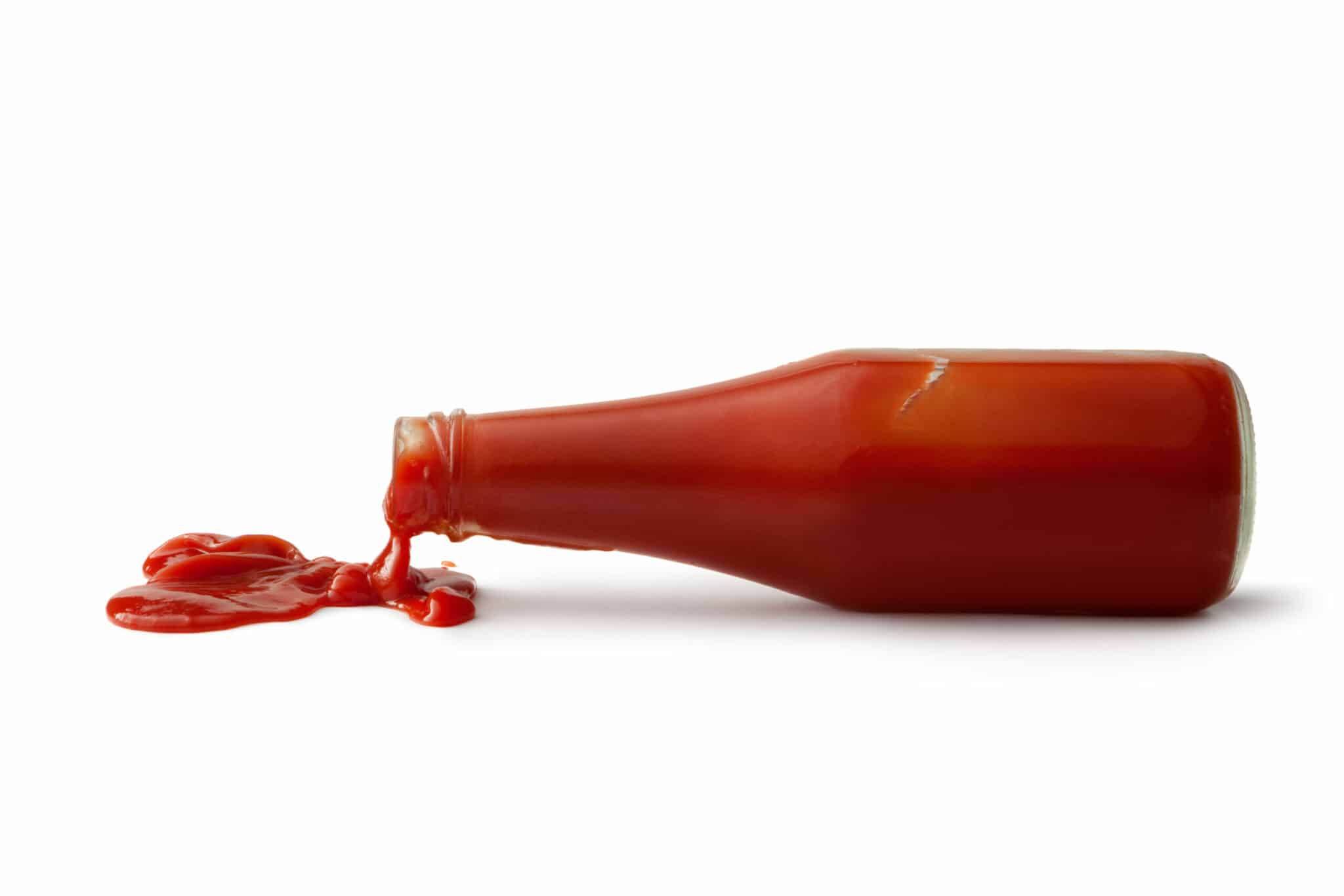A global contributor to the processing tomato industry, Heinz works to cultivate and distribute high-quality processing tomato varieties around the world.
As a sauce that was originally derived from fermented fish, ketchup, from the Chinese word, kê-tsiap, has come a long way from its 300 B.C., southern China roots.
It wouldn’t be until 1812 that the first tomato-based ketchup recipe would be developed and another 64 years after that for the Heinz company’s thick, sweet, tomato-vinegar-brown sugar recipe to grace American dinner tables.
By 1905, the condiment, marketed in the iconic glass bottle — to give customers a better look at the quality sauces they were buying — had sold over five million bottles. Today, ketchup, once spelled catsup, is a staple in nearly every North American pantry, still bearing the uniquely rich flavor that started it all.
Heinz didn’t stop with its unique spin on the ketchup recipe and spelling, however. When the company coined the “57 varieties” slogan in 1896, it reflected neither the number of products the company sold, nor the seed varieties used to produce the products, as many believe. The number, Heinz thought, simply sounded lucky.
But luck had little to do with the meticulous and dedicated strategy the company would execute over the next century. Heinz knew that the only way to maintain a brand was to create and maintain a quality product. And to do that, the they knew that they had to start with quality ingredients, including the product’s foundation: tomatoes.
In 1916, Heinz developed a quality research program in Bowling Green, Ohio. The first-of-its-kind facility was entirely dedicated to improving the quality of the produce used in Heinz products. By 1934, the Heinz tomato breeding program was established to ensure a continual pipeline of tomato varieties well suited for each region of production, while maintaining the qualities and quantities needed to meet Heinz’s recipe standards and growing customer demand.
Seeds of Success
Today, the core mission of the Heinz tomato breeding program remains the same and continues to be an integral component of the Heinz business.
HeinzSeed primarily serves its farmer-grower customer base, in much the same way it has since the beginning: with quality seed backed by the agronomic support and advice needed to maximize yield. What has changed is the company’s opportunity to distribute and sell outside of the proprietary varieties.
And for Stockton, Calif.-based John Marchese, who leads Kraft Heinz’s seed business, that paradigm has become the basis for a global processing tomato variety offering.
“About three decades ago, Heinz expanded their offerings to include tomato processing varieties around the world,” Marchese says. “And those varieties are used for a whole host of products, not exclusive to Kraft Heinz. The proprietary tomato varieties, which account for a very small portion of the seed business, are processed into tomato paste and ultimately, Heinz ketchup.”
Selection for both the non-proprietary varieties, as well as those destined to become Heinz ketchup, is a process that considers the research trials and feedback from stakeholders within the production pipeline — phasing some varieties into and others out of production each year. The actual development of new varieties, however, takes between seven and 10 years.
The process, Marchese shares, aligns with the varietal selection process all seed companies employ with one distinguishing perspective advantage for his Heinz seed team.
“What makes our team unique (in comparison to the company’s seed production competitors) is that our entire team, globally, wakes up every day thinking about processing tomatoes and what our customers, whether they are farmers or processors, need to be successful,” Marchese says. “Every person, every day is focused solely on tomatoes.”
The specific focus on tomatoes not only provides for better varieties, but better farmers, as well, and Marchese sites Heinz’s global presence as an agronomic support mechanism for farmers that need it.
“In some countries we have an agriculture lead that helps farmers with agronomic decisions,” he says. “We do that where we have determined more support is needed — to help farmers. So, for instance, in California, that isn’t something that we are providing formally, but in Poland, Brazil and China we have identified an opportunity to help farmers improve their field conditions. And, even though they have been growing tomatoes in those countries for years, we have been able to add to their yields.”
The objective of Heinz’s agronomic support is to provide varieties and suggestions for improvement that yield for both the farmer-grower and processor, in every region Heinz varieties of tomatoes are grown in. Varieties must also afford the durability to withstand unfavorable conditions, and Marchese notes that hardy, disease resistant varieties are paramount to the success of production, both from a processor and farmer-grower point-of-view.
Unlike many cash-crops, the window for tomato harvest is narrow, and depending on which region of the world the crop is being grown in, peak harvest conditions may offer as few as five days before a crop begins to spoil.
Marchese says that working to extend this window, to provide more time to harvest a tomato crop before spoilage begins, is an effort Heinz continues to work towards.
“Extended Field Storage or EFS, is unique to Heinz varieties and a varietal benchmark our teams put a lot of emphasis on,” he says, “Basically, we will monitor test fields and evaluate how long the harvest window is within the ideal condition. Once we have confidence that we have identified an EFS variety, we will designate it as such in our seed catalog.”
At the end of the day, the ingenuity and customer-first — from farmer-grower to processor to the dinner table — approach Heinz has implemented for more than a century is still at the core of everything the company does.
“We want to be the best food company: the best for our customers, the best for the environment and the best for the next generation,” Marchese says.












